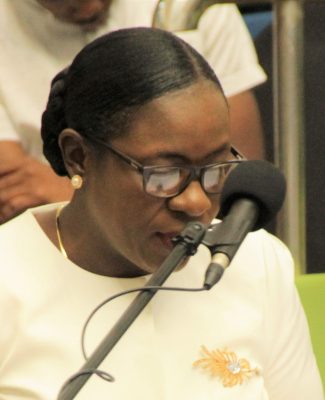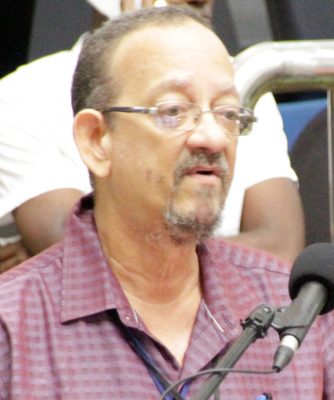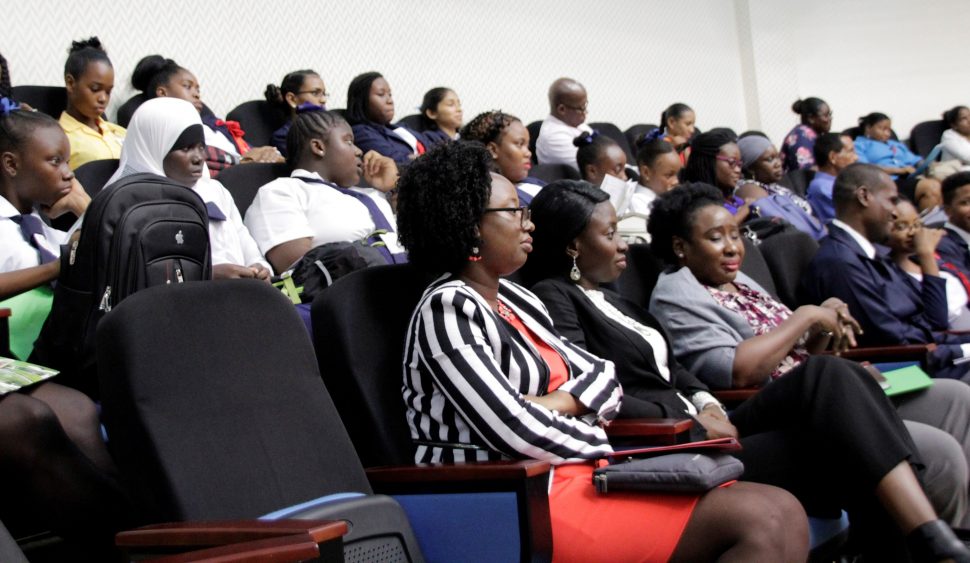The University of Guyana (UG) yesterday launched its Institute for Food and Nutrition Security (IFANS).
The event was held at the Arthur Chung Convention Centre, Liliendaal and the keynote address was given by Minister of Education (MoE), Dr Nicolette Henry.
“My understanding is that the aim of the institute is to help to identify food losses from the farm-to-table and assist policymakers to develop and implement policies in nutrition, food storage, safety, transportation and related areas to improve the functioning of food systems,” Henry was quoted as saying in a MoE press release. She added, “If we are to effectively create and disseminate knowledge on nutrition for safe, productive and sustainable societies, we need to develop our youth, bring them into the conversation and mechanics as it is the youth who will live with the consequences of hunger, poverty and climate change if these threats are not adequately addressed and mitigated.”

The minister stressed that the initiative has relevance to the importance of promoting lifelong healthy eating habits. She also stated that the Government of Guyana is promoting a number of interventions to yield favourable results through an integrated approach involving the Ministries of Agriculture, Health, Social Protection, Finance and Education working together with bilateral and international partners, the release also added.
Henry took note of the fact that food imports to the Caribbean region are too high and extremely high in some specific countries. Eleven countries in the Caribbean import more than 50 per cent of food that they consume and in seven of those countries more than 80 per cent of the food consumed is imported. As a result, food imports replace domestic supply, discourages domestic suppliers and undermines food and agricultural development, the release also stated. Caribbean countries were therefore urged to increase their domestic food production capacity and output.
UG lecturer, Gary Mendonca said that IFANS is expected to be involved (in conjunction with the Faculties of Agriculture, Natural Sciences and Health Sciences and other Academic Units in UG) in human capacity development efforts at the national level.
He added that IFANS can build capacity in food and nutrition security by mobilising

its technical expertise to train skilled workers for food production systems, by increasing their knowledge, critical thinking and entrepreneurial skills.
The symposium focused on three broad areas of the mandate of IFANS which are research, teaching-learning and outreach and was attended by students, academics and other stakeholders including representatives from the Food and Agriculture Organisation, Banks DIH Limited, Ministry of Public Health, University of the West Indies, Indiana University, Inter-American Institute for Cooperation on Agriculture, UG’s School of Entrepreneurship and Business Innovation, CARICOM and the Ministry of Agriculture.






